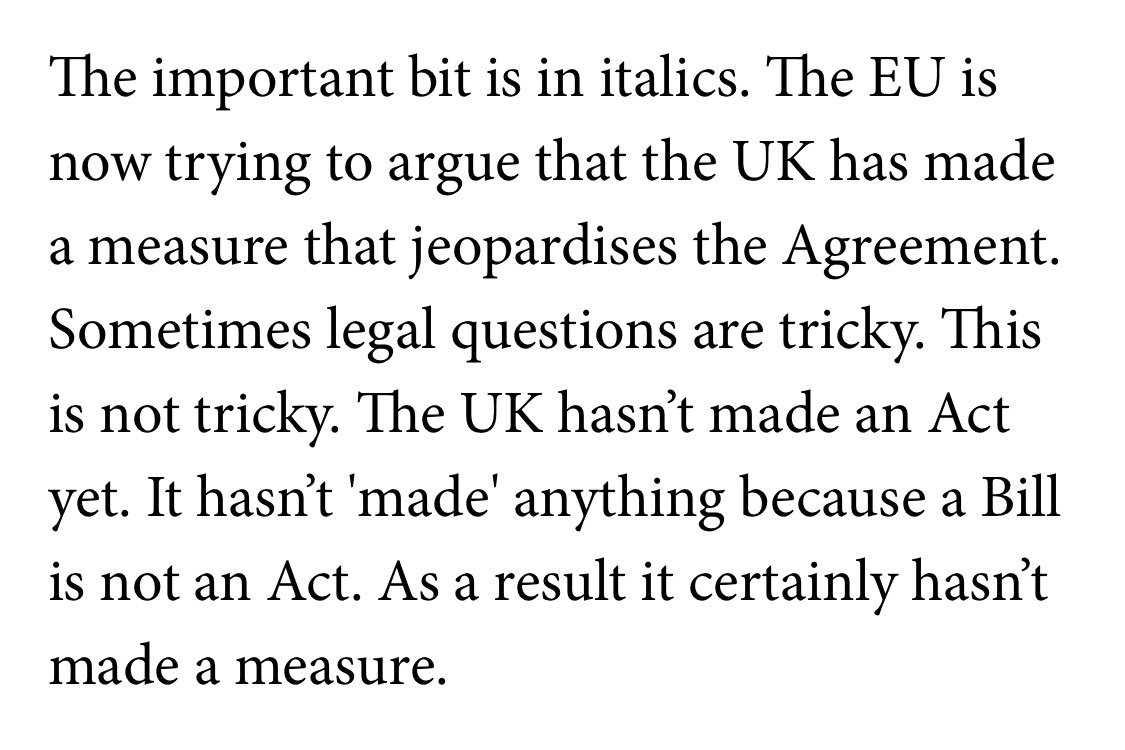
A good answer to this question is “The Judge over your shoulder”, (JOYS), @GovernmentLegal’s guide to judicial review for civil servants. Looking at that guide again, I was struck by the opening passage. It’s very relevant to the current government’s review of administrative law
https://twitter.com/redhistorian/status/1316415949738840064
Here it is. (Full guide at assets.publishing.service.gov.uk/government/upl…) 

Contrast that with this passage in the terms of reference of the current government’s review (IRAL). assets.publishing.service.gov.uk/government/upl… 

The IRAL terms of reference assume that judicial review is in tension with - has to be “properly balanced with” - effective government under law.
But that is a false tension. As JOYS points out, administrative law - and judicial review - *promotes and protects* effective government under law.
Let’s make that thought a bit more concrete, by looking at some of classic grounds on which judicial review can be granted.
Review on procedural/fairness grounds ensures that decisions with important effects on people’s lives are taken only after they have been properly heard: decisions not based on fair procedures will be worse decisions and will command less public acceptance.
Review on grounds of actual or apparent bias is a safeguard against favouritism and corruption, and helps maintain public confidence that decisions with major financial impacts are taken without bias.
Review on rationality grounds ensures that decision makers take their decisions on the basis of, and supported by, relevant evidence: that leads to better decision-making.
Review on grounds of excess of powers ensures that decision-makers respect the limits on their powers placed by Parliament, and helps protect our democracy.
(That is a safeguard of particular importance in the area of statutory instruments, where huge volumes of legislation, making profoundly important policy changes, go virtually unscrutinised by Parliament.)
And review on human rights grounds helps protect those whose fundamental interests may, for various reasons, not have been properly considered in the decision-making process, while ultimately allowing Parliament the final say.
(A point which is, again, of particular importance in relation to virtually unscrutinised statutory instruments).
In all these respects, judicial review – and wide access to judicial review – assists in ensuring “effective government” (reading “effective” here – as it should be read – as including “accountable” and “democratic”).
As JOYS sums it up: “Administrative law (and its practical procedures) play an important part in securing good administration, by providing a powerful method of ensuring that the improper exercise of power can be checked.”
That is a point that, in my view, should be emphasised by all those responding to the IRAL consultation.
• • •
Missing some Tweet in this thread? You can try to
force a refresh








